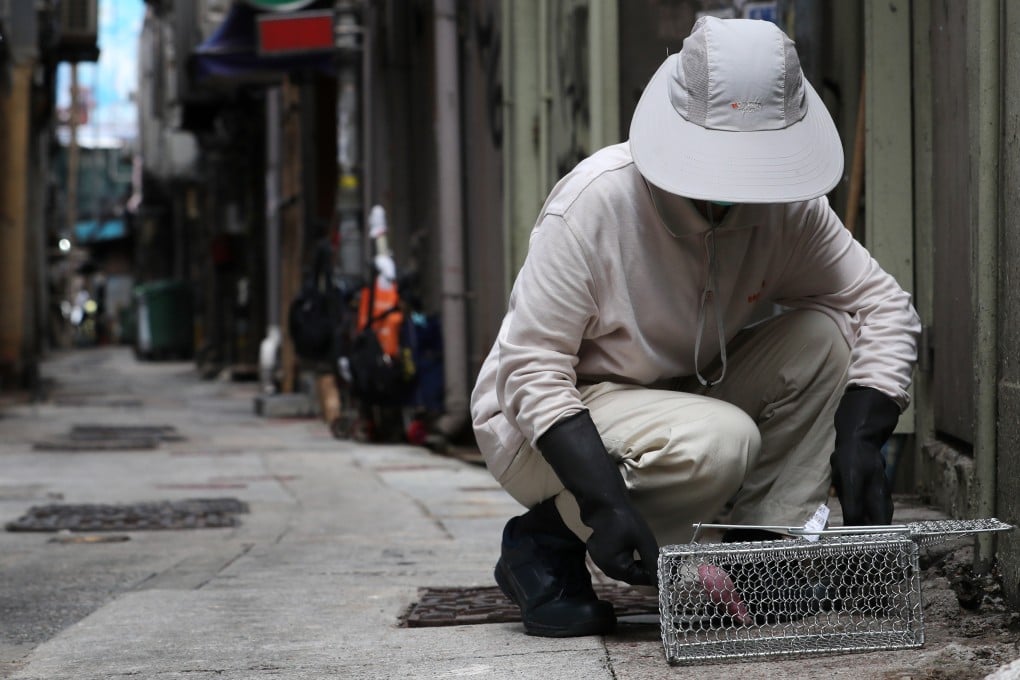Outside In | We may not like rats, but we do a good job of making them feel at home
- Far from being a particularity in Hong Kong, rodent problems are a fixture of urban environments the world over

Numerous thoughts rushed to mind. First, I had to scour my brain to remember what I had written. Rats, after all, are not something I write or think about often. Second, I was pleased to discover that someone was reading my column – especially one written over five years ago.
Third, how come so little has been written about Hong Kong’s rats in the past five years that this journalist needed to resort to my ancient article? But perhaps most important and depressing of all, why is it that so many so often think of Hong Kong only in negative terms? For sure, that Singaporean news team will be hoping that however bad their city’s rat problems might be, Hong Kong’s will surely be worse.
Thinking back to my 2019 research on rats, I am reminded of how hard it was back then to discover the world’s rat population or their numbers in the world’s major cities. Rats don’t exactly queue up to be counted, and data is imprecise. I recall one note unhelpfully observing that “everyone agrees [brown rats] outnumber us - but no one seems eager to count”.

